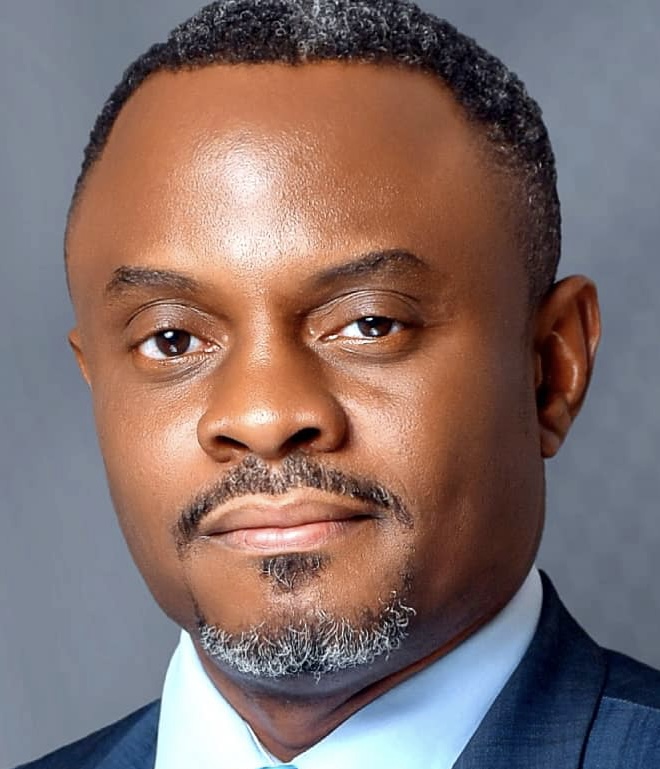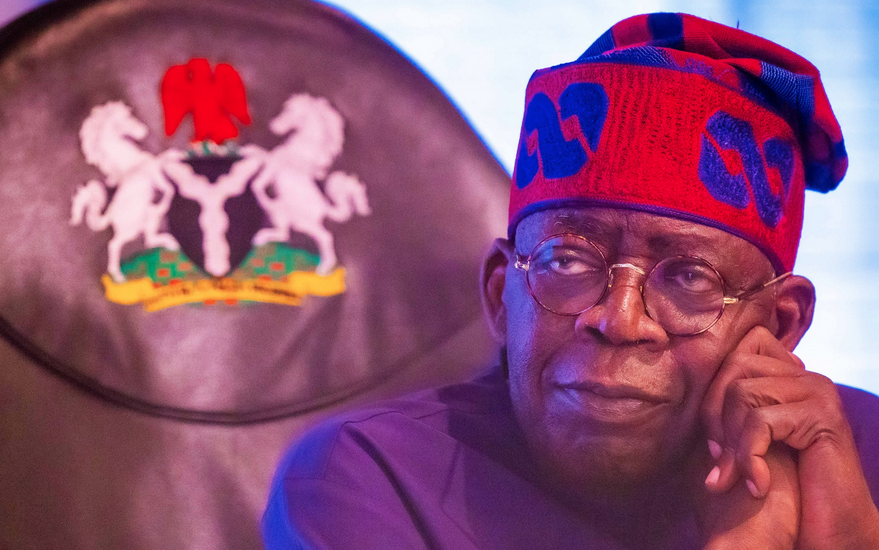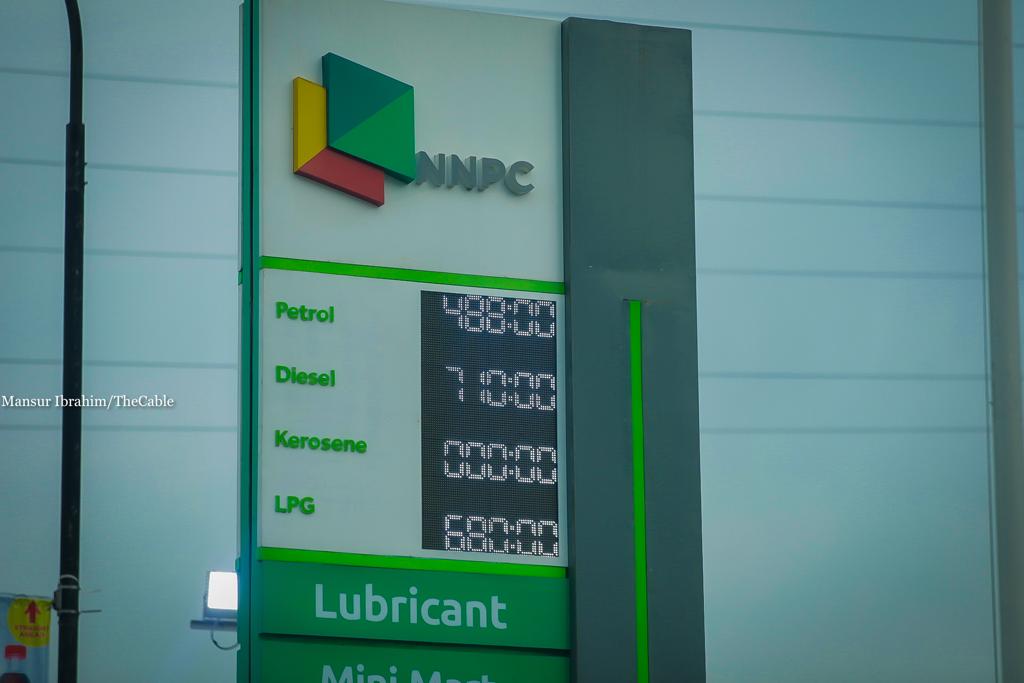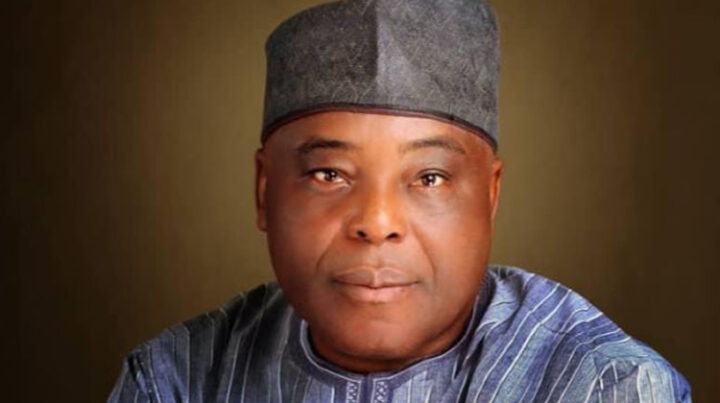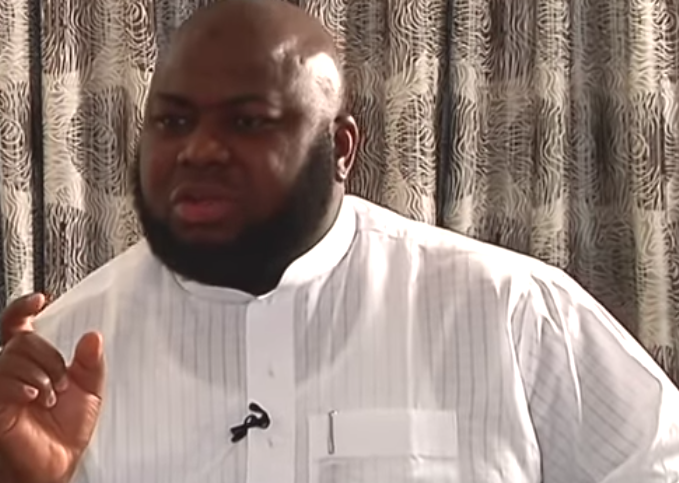In the annals of history, there are leaders whose actions reverberate far beyond their time in office. They possess the rare ability to envision a future that transcends the present challenges and the courage to make difficult decisions that propel their nations toward progress. President Bola Ahmed Tinubu of Nigeria is a leader whose visionary thinking and transformative decision-making have left an indelible mark on the nation’s economic landscape, barely weeks into his administration.
Fuel subsidies have long been a contentious issue in Nigeria, with their implications ranging from economic distortions to social inequality. Recognising the urgent need for change, President Tinubu made a resolute commitment to removing these subsidies, a decision that not only showcased his visionary thinking but also highlighted his unwavering dedication to inclusive leadership.
This article delves into the remarkable leadership qualities demonstrated by President Tinubu throughout the process of removing fuel subsidies, emphasising his ability to engage and consult with various stakeholders, foster a sense of unity and collaboration, and drive economic reform for the benefit of all Nigerians.
The journey towards subsidy removal for the new president has been one paved with strategic thinking and a deep understanding of the challenges faced by the Nigerian economy. He envisioned creating a fairer and more sustainable economic landscape and embarked on a path that would fundamentally transform the nation’s subsidy regime. His commitment to long-term economic stability and the welfare of all Nigerians propelled him to challenge conventional boundaries, displaying unwavering courage in the face of potential resistance and backlash.
Advertisement
In finally removing fuel subsidies in Nigeria on the day of his inauguration, President Tinubu showcased his visionary thinking capability and an unwavering commitment to addressing the inequity and unsustainability that the subsidy regime perpetuated. Recognising the need for a more balanced and sustainable economic system, he embarked on a bold path to create a fairer society where resources are allocated equitably for the benefit of all Nigerians. His visionary approach underscores his dedication to ensuring long-term economic stability and social welfare for the nation.
Furthermore, this all-important decision stemmed from a deep understanding of the inherent flaws within the subsidy system. While the subsidies initially aimed to mitigate the impact of rising global oil prices on Nigerian citizens, they have become increasingly inequitable over time. The subsidies have disproportionately benefited the affluent while failing to address the pressing needs of the less privileged segments of society.
By envisioning a more balanced economic system, President Tinubu seeks to rectify this disparity and promote a fairer distribution of resources. He recognises that the long-term sustainability of the Nigerian economy depends on fostering an environment where economic opportunities and benefits are accessible to all. His visionary thinking extends beyond short-term gains to prioritise the creation of an inclusive society that uplifts the marginalised and promotes social justice. This is evident in his determination to address the unsustainability of the subsidy regime.
Advertisement
Over time, the cost of subsidising petrol has ballooned, straining government resources and diverting funds from crucial sectors such as education, health, and infrastructure. Recognising this unsustainable pattern, President Tinubu made the courageous decision to remove fuel subsidies, redirecting resources toward more pressing developmental priorities.
In a well-received speech, he is quoted as saying: “Why should we, in good heart and sense, feed smugglers and be Father Christmas to neighbouring countries, even though they say not every day is Christmas?” This statement encapsulates the president’s strong stance against fuel smuggling and his determination to end the practice. By questioning the rationale behind subsidising fuel and indirectly supporting smugglers, he highlights the need for responsible resource management and protecting Nigeria’s interests.
President Tinubu’s words reflect his visionary thinking and commitment to the equitable distribution of resources. He emphasises the importance of prioritising the welfare of Nigerian citizens over providing unwarranted benefits to neighbouring countries through fuel subsidies. His statement resonates with his broader goal of fostering economic stability and social welfare within Nigeria.
Additionally, the president’s words showcase his courage and willingness to challenge the status quo. By questioning the notion of being a perpetual “Father Christmas” to neighbouring countries, he challenges conventional practices and highlights the need for a more strategic and sustainable approach to resource allocation.
Advertisement
His inclusive leadership style is seen as he seeks to engage stakeholders and build consensus on the issue of fuel smuggling. His statement serves as a rallying call to prioritise Nigeria’s interests and work collaboratively to address the challenges posed by smuggling.
President Tinubu’s visionary thinking aligns with the goal of achieving sustainable growth and development for Nigeria. By removing fuel subsidies, he aims to encourage investment, stimulate economic diversification, and promote the development of alternative energy sources. This forward-thinking approach positions Nigeria for long-term economic resilience and reduces its dependence on volatile global oil prices.
Indeed, Tinubu’s visionary leadership is rooted in his deep concern for the welfare and prosperity of all Nigerians. His decision reflects a remarkable courage, and unwavering determination to challenge the status quo, a commitment to addressing inequity, promoting sustainability, and creating a fairer society. Through his visionary thinking, the President has paved the way for a brighter future where economic stability, social welfare, and inclusive growth thrive hand in hand.
Recognising the potential resistance and backlash his decision would face, President Tinubu remained resolute in his conviction that bold action was necessary for the progress of the nation. His courageous decision-making underscores his exceptional leadership strength and fearlessness in the face of adversity.
Advertisement
The decision to remove fuel subsidies was challenging, as the president knew it was tantamount to confronting deep-rooted interests and resistance from various stakeholders. The subsidy regime had become entrenched over decades, with powerful vested interests benefiting from its continuation. However, he understood that maintaining the status quo would only perpetuate inequity, unsustainability and hinder Nigeria’s long-term economic growth.
In the face of potential backlash, he displayed immense courage by standing firm in his commitment to enact meaningful change. He recognized that challenging the status quo was essential to address the inequity and unsustainability embedded within the subsidy system. His decision was driven by a deep sense of responsibility to create a fairer and more prosperous society for all Nigerians.
Advertisement
Mr. President’s courageous decision-making is a testament to his leadership strength and resilience. He understood the risks and potential political fallout, yet he remained undeterred in pursuing the path he believed was necessary for the nation’s progress. His ability to make tough decisions and withstand opposition demonstrates his unwavering commitment to the well-being of the Nigerian people and his dedication to creating a more equitable and sustainable future.
Furthermore, this courageous decision-making has inspired confidence and trust among the citizenry. By challenging the status quo and taking bold action, he has shown that he is not afraid to make difficult choices for the nation’s greater good. This fearless leadership style instils hope and optimism, signalling a departure from complacency and a commitment to transformative change. He has undoubtedly set a powerful example for future leaders and reinforces the notion that authentic leadership requires boldness and the willingness to confront entrenched interests.
Advertisement
Yet again, President Tinubu demonstrates a leadership style marked by extensive consultations and engagement with critical stakeholders, showcasing his commitment to inclusivity, consensus-building and fostering collaboration among diverse groups; a style not common in contemporary Nigerian leadership. Though he may have decided to remove fuel subsidies swiftly as a deliberate surprise, he quickly recognised the importance of involving stakeholders in the decision-making process.
Understanding the potential impact of the subsidy removal, he actively sought input from the organised labour union, esteemed traditional rulers, senior lawyers, and other vital stakeholders. The engagement with organised labour unions allowed the president to understand the concerns, perspectives and interests of the workforce. By actively seeking their input, he was willing to listen and address their concerns, fostering a spirit of cooperation and shared responsibility. Similarly, involving traditional rulers ensured that cultural sensitivities and local perspectives were considered, enhancing the overall effectiveness and acceptability of the decision. By actively seeking input and feedback, he created an environment where stakeholders felt heard and valued, fostering a sense of ownership and collaboration in shaping the way forward.
Advertisement
It is essential to state that the decision to remove fuel subsidies aligns with the president’s commitment to accountability and transparency. He recognises that the regime has been plagued by corruption and smuggling, causing significant economic losses. By taking a stand against these malpractices, President Tinubu exemplifies a leader dedicated to combating corruption and ensuring responsible governance.
It is trite to state that Mr President has also demonstrated a strategic alignment with expert advice and legal frameworks. By incorporating expert recommendations and adhering to the legal imperatives laid out in the Petroleum Industry Act (PIA), he showcases his strategic acumen and commitment to evidence-based decision-making. It further shows that a broader understanding of the economic implications and potential benefits for the Nigerian people informed his decisions.
The Petroleum Industry Act (PIA) provides a legal and governance framework to guide activities in the oil and gas sector. As per the tenets of the PIA, the subsidy regime was meant to be abolished by February 2022. His decision to remove fuel subsidies aligns with the PIA’s legal requirements, showcasing his adherence to the rule of law, and commitment to implementing necessary reforms, fostering transparency and accountable governance systems.
Similarly, leading development finance and multilateral institutions, such as the World Bank, have advised against retaining fuel subsidies in Nigeria, citing them as a source of wastage and leakage. The president’s decision, therefore, aligns with this expert advice, emphasizing his willingness to consider and act upon recommendations from credible sources. By heeding the abundance of counsel, the president demonstrates his commitment to making informed decisions in the best interest of Nigeria’s long-term economic stability and social welfare. It further underscores his ability to navigate complex policy landscapes.
In conclusion, President Bola Ahmed Tinubu’s leadership qualities shine through his visionary thinking, courageous decision-making, inclusive leadership style, commitment to accountability, strategic alignment, and collaborative approach. His engagement with stakeholders, including organised labour unions, traditional rulers, and other critical voices, underscores his commitment to inclusive decision-making. His leadership style undoubtedly inspires leaders to embrace consultation and collaboration, fostering unity and achieving sustainable economic reform for the betterment of Nigeria and its citizens.
Agbonika is a policy and governance reforms consultant. He can be reached at [email protected]
Views expressed by contributors are strictly personal and not of TheCable.
